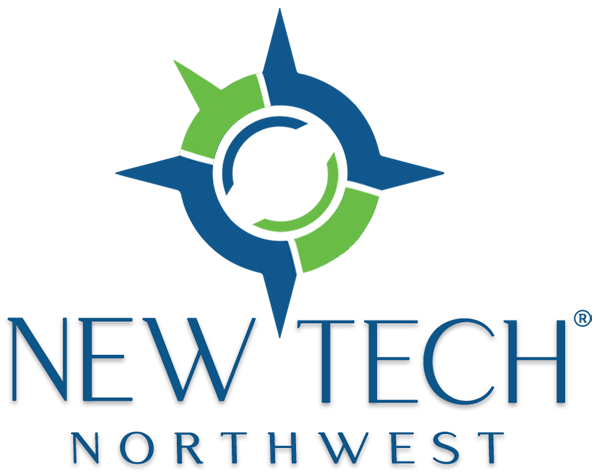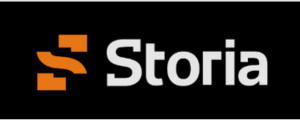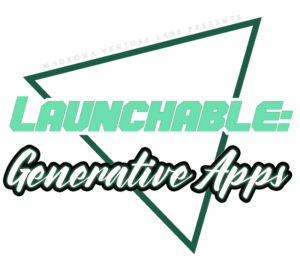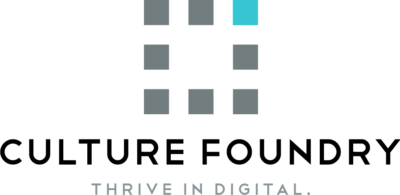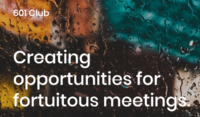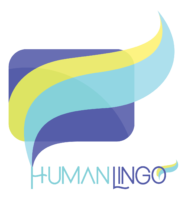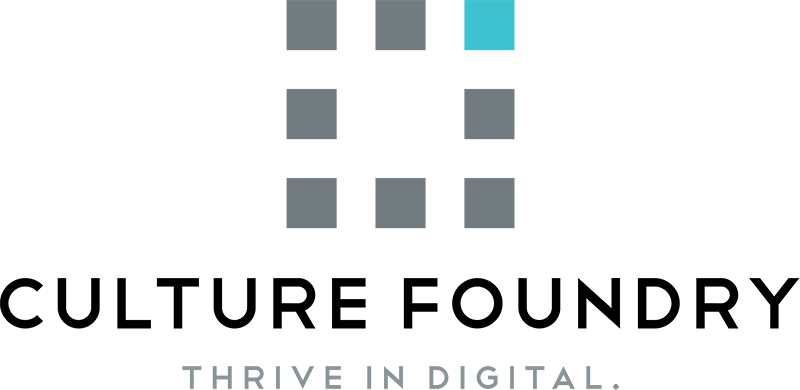Each week in the New Tech Newsletter we feature a Spotlight Q&A with founders, angels, New Tech alumni presenters, and other people or companies in our community we believe you’d like to learn about. Reach out if you’d like to recommend a startup, founder, angel, accelerator, or New Tech alumni presenter for us to spotlight for the PNW tech community!
In this week’s spotlight we caught up with recent MVL Launchable winner, Julia Turc, CEO, Storia AI.
Why do you do what you do for a living?
I’ve got a background in computer science and machine learning. My master’s focused on natural language processing, which was a perfect blend of my interests. On one hand, there’s the analytical side of my brain. However, I also have an inclination towards writing. Natural language processing seemed like the bridge between these two worlds.
Currently, I’m building Storia AI, which is a creative assistant for video production, and we’re starting from pre-visualization, which is the 0-1 part of the creative process. In particular, we’re helping filmmakers go from a story or a script or a vague vision in their head into the very first initial visual representation.
What inspired you to launch your startup?
I entered the field in the early 2010s when deep neural networks were just gaining an upper hand over traditional methods like grammars and handcrafted dictionaries. It was an exhilarating time. After completing my masters, I had to decide between pursuing a PhD at Oxford or venture into industry with Google. Opting for the latter felt like having the best of both worlds. Google offered the perfect blend of curiosity-driven research and abundant resources, a hub where machine learning’s hunger for data and computation could be satisfied, and a massive user base to tap into.
I spent 8 fulfilling years at Google, bouncing between established teams like ads ranking and nascent ones akin to startups. I joined Google Research when my future team had just introduced BERT, a groundbreaking language model, setting in motion the language model revolution.
After observing the evolution of large language models into what they are today, I realized about a year ago that the technology was ready for production. Shifting from the research community to the builder community felt like chasing low-hanging fruit. This decision meant leaving a job I loved, but the pull was strong.
And now, here I am, having taken that leap. It was a tough decision, but sometimes you’ve got to seize the opportunity.
What is one of the greatest lessons you’ve learned from being a founder?
I can share a couple of insights I’ve gained on my journey. Recognizing that everyone’s journey is deeply personal, I’m unsure if these insights apply universally, but there are two lessons I’ve embraced.
Firstly, the mantra “done is better than perfect” has resonated with me. Secondly, there’s been a shift in my thinking from the research realm to the realm of creation. In academic research, maintaining an unbiased perspective is crucial. Every statement necessitates support, either from citations or objective experimental results. However, I’ve found that this mindset isn’t as advantageous in the startup landscape.
In the startup world, I’ve discovered that it’s more effective to express opinions rather than striving to remain entirely impartial. I now embrace the idea that I’d rather propose something that might be wildly incorrect during user interviews than to remain entirely neutral. By presenting a hypothesis that might even seem absurd or naive, I initiate engaging discussions that often lead to valuable insights. This shift has allowed me to foster more productive conversations and learn significantly from them.
For me, this transition marks a significant leap—from always striving for absolute correctness to permitting myself to hold opinions and to envision potential futures, even if they don’t ultimately materialize.
What is the one piece of advice you would share today with your younger self before you started your company?
I’d advise myself to allow more serendipity in my life. Building a business is a very complex process, and you can’t foresee what positive effect every action might have. Certain things like following your curiosity or building a network have delayed gratification, so you just have to trust the process and set the butterfly in motion. The tornado will eventually happen.
What is something interesting and unexpected that people would be surprised to learn about you?
I was born and raised in Transylvania, and lived not far from Dracula’s castle.
What inspired you to participate in Madrona Venture Labs’ Launchable?
We initially applied to Launchable to give artificial deadlines to ourselves. As perfectionists, we recognized that without time constraints, tasks could linger unfinished. However, our experience with Launchable ended up being so much more than an artificial deadline.
First, the Demo Day compelled us not only to develop a prototype within a week but also to take an additional step by crafting a compelling narrative around it. This pushed us to contemplate its potential as a sustainable business venture.
Unexpectedly, winning the competition took us to the next level. Beyond the pre-seed investment – which alleviated expenses like out of pocket Ubers during our meetups – we gained a trusted partner. As first time founders, we’re fortunate to have Madrona Venture Labs (MVL) as a resource and we can confidently approach them with questions, knowing that they will consistently prioritize our best interests.
Moreover, MVL has facilitated incredible connections. We have design partners now that have helped us get to an MVP. Finally, what I find particularly valuable is the intimacy of our connection (in contrast to other accelerators, where a batch might consist of around a hundred teams or companies). As a result, the level of focused attention we receive feels exceptionally productive.
How does Launchable serve the tech community?
Launchable is an event series designed to facilitate the creation of innovative, venture-scale startups, focused on vertical applications ideas that leverage generative AI in new and creative ways. Madrona Venture Labs is inviting participants and teams interested in building startups focused around foundation models to join us for a week of thought-leader presentations, networking, mentorship, building, and the opportunity to interact with key players in this space. In addition, the winning team will have the opportunity to win $250K in pre-seed funding and be highlighted at Madrona’s IA40 Summit. Apply by September 3 (11:59p PT).
Event: Launchable: Generative Apps
Dates: October 2-8, 2023
Details: https://www.madronavl.com/launchable/launchable-generative-apps
Applications Due: September 3, 2023 (11:59pm PT)
Cost: $75 (for accepted applicants)
Who: Individuals and early-stage teams interested in building startups focused around foundation models
Reach out if you’d like to recommend a startup, founder, angel, accelerator, or New Tech alumni presenter for us to spotlight for the PNW tech community!
